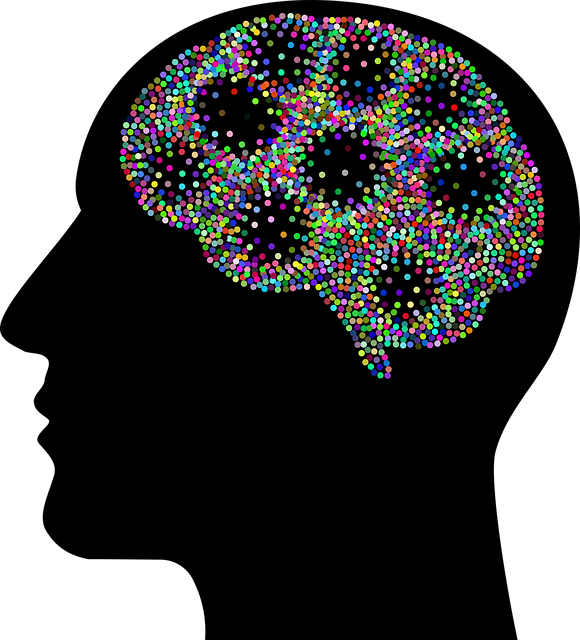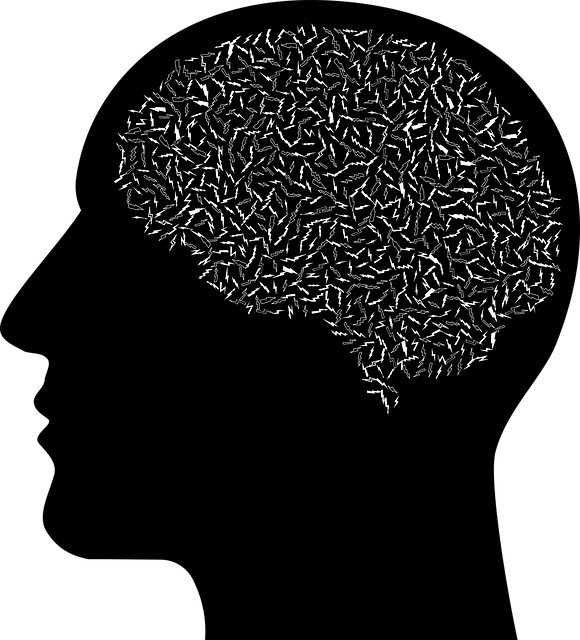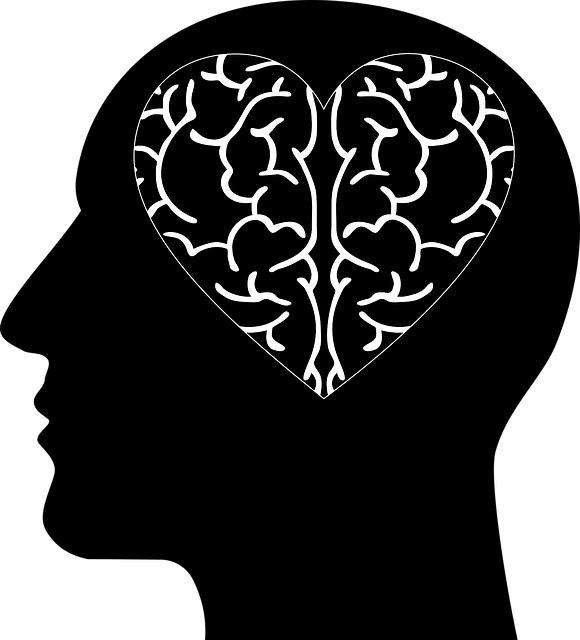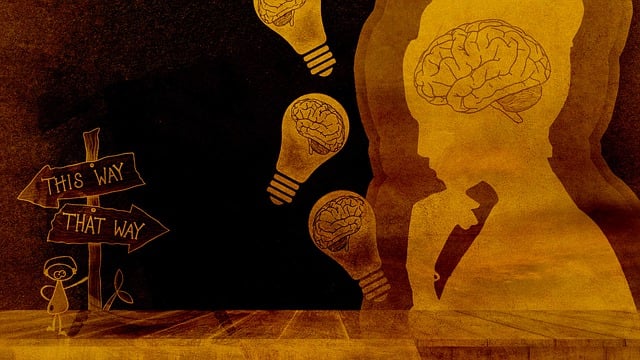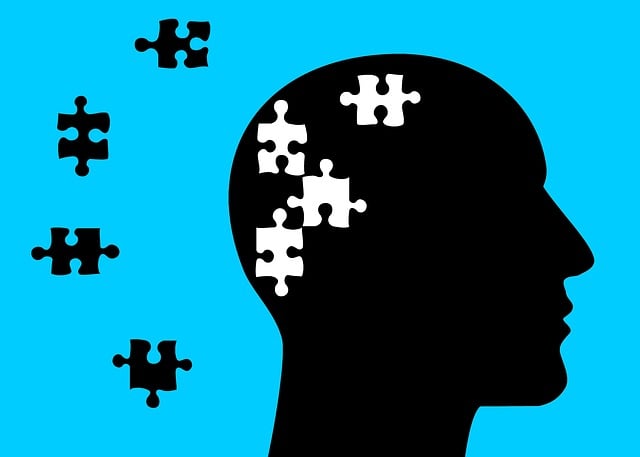Cultural sensitivity in mental healthcare, as championed by Parker Chronic Illness Therapy, is crucial for providing inclusive, effective services to diverse clients. By acknowledging and respecting cultural values, beliefs, and practices related to health and healing, therapists create safe, supportive environments that encourage open dialogue and strengthen therapeutic relationships. This approach, grounded in best practices like continuous professional development, culturally responsive communication, and culture-specific interventions, enhances engagement and outcomes, particularly for marginalized communities. Parker Chronic Illness Therapy's holistic model integrates cultural sensitivity to offer tailored support, alleviate anxiety, reduce stigma, and foster resilience, demonstrating its effectiveness in improving mental wellness across diverse populations.
In the diverse landscape of mental healthcare, cultural sensitivity is paramount. This article explores essential aspects of cultural competence within the practice, focusing on strategies to enhance patient care, particularly through the lens of Parker Chronic Illness Therapy’s impact on diverse populations. We delve into ethical considerations and best practices in cross-cultural therapy, emphasizing the importance of understanding cultural nuances for effective treatment. By examining these key areas, mental health professionals can provide more inclusive and tailored support.
- Understanding Cultural Sensitivity in Mental Healthcare
- The Impact of Parker Chronic Illness Therapy on Diverse Populations
- Strategies for Incorporating Cultural Competence in Clinical Practice
- Ethical Considerations and Best Practices in Cross-Cultural Therapy
Understanding Cultural Sensitivity in Mental Healthcare

Cultural sensitivity is a cornerstone of effective mental healthcare practice, ensuring that services are accessible and beneficial to individuals from diverse backgrounds. It involves recognizing and appreciating the unique cultural values, beliefs, and practices that shape one’s understanding of health, illness, and healing. By embracing cultural sensitivity, mental health professionals can create a safe and supportive environment, fostering open dialogue and strengthening therapeutic alliances.
This concept is especially relevant in addressing mental illnesses, where cultural context plays a significant role. For instance, what constitutes anxiety or depression may vary across cultures, impacting diagnosis and treatment approaches. At Parker Chronic Illness Therapy, we emphasize the importance of understanding these nuances to provide tailored support. Through culturally sensitive practices, we aim to boost confidence and offer anxiety relief while reducing the stigma associated with mental illness, ultimately enhancing the overall well-being of our diverse clientele.
The Impact of Parker Chronic Illness Therapy on Diverse Populations

The Parker Chronic Illness Therapy model has gained significant attention for its impactful approach to treating diverse patient populations. This therapy recognizes and addresses the unique challenges faced by individuals from various cultural backgrounds, offering a tailored and inclusive treatment experience. By integrating cultural sensitivity into its core principles, it provides an effective framework for healthcare providers to offer Trauma Support Services. The model’s emphasis on understanding cultural contexts enables better engagement with patients, fostering trust and improving therapeutic outcomes.
In today’s diverse healthcare landscape, where burnout is prevalent among medical professionals, the Parker approach also offers valuable Burnout Prevention Strategies. Its holistic perspective encourages a supportive environment that not only aids in Crisis Intervention Guidance but also promotes resilience and coping mechanisms. This therapy has proven to be particularly beneficial for marginalized communities, ensuring they receive culturally competent care tailored to their specific needs.
Strategies for Incorporating Cultural Competence in Clinical Practice

Incorporating cultural competence into mental healthcare requires a multifaceted approach that goes beyond surface-level awareness. It involves actively listening to and understanding clients’ unique cultural backgrounds, values, and experiences. Healthcare providers can start by engaging in ongoing professional development, such as participating in workshops or training sessions focused on cultural sensitivity. This continuous learning ensures practitioners stay updated on best practices and emerging research related to diverse populations.
Additionally, creating a safe and inclusive therapeutic environment is essential. This can be achieved through culturally responsive communication techniques, where providers use clear and non-judgmental language, validate clients’ perspectives, and demonstrate genuine interest in their cultural identities. Integrating elements from the client’s culture into therapy sessions, such as specific interventions or even cultural references, can further enhance engagement and therapeutic outcomes. For instance, Parker Chronic Illness Therapy might adapt its approach to include Social Skills Training tailored to a client’s cultural context, as part of a holistic Mental Wellness Coaching Program, thereby fostering better coping strategies and improved mental health outcomes.
Ethical Considerations and Best Practices in Cross-Cultural Therapy

Cultural sensitivity is an essential aspect of mental healthcare practice, ensuring that therapists provide inclusive and effective treatment to individuals from diverse backgrounds. When engaging in cross-cultural therapy, ethical considerations come to the forefront. Therapists must be mindful of power dynamics, especially when working with marginalized communities or those facing social and economic barriers. Building rapport and trust is crucial, as is respecting clients’ cultural beliefs and values, which may differ significantly from the therapist’s own. This involves actively listening to understand, rather than assuming or judging, and adapting therapeutic approaches accordingly.
Best practices in cross-cultural therapy include ensuring cultural competence through ongoing training and education, promoting open communication about cultural differences, and using culturally sensitive assessment tools. Incorporating clients’ cultural contexts into therapy sessions can enhance engagement and outcomes, as demonstrated by research on Parker Chronic Illness Therapy, which emphasizes the impact of cultural factors on health and healing. Additionally, addressing stress management and depression prevention through a cultural lens can significantly contribute to improving mental wellness among diverse populations.
Mental healthcare professionals must embrace cultural sensitivity to provide effective treatment for diverse populations. As evidenced by studies like the impact of Parker Chronic Illness Therapy, understanding and incorporating cultural competence significantly improves patient outcomes. By adopting strategies outlined in this article—from ethical considerations to practical techniques—practitioners can create inclusive environments that honor various cultural backgrounds. This approach not only enhances therapeutic relationships but also ensures equitable access to quality mental healthcare for all.



